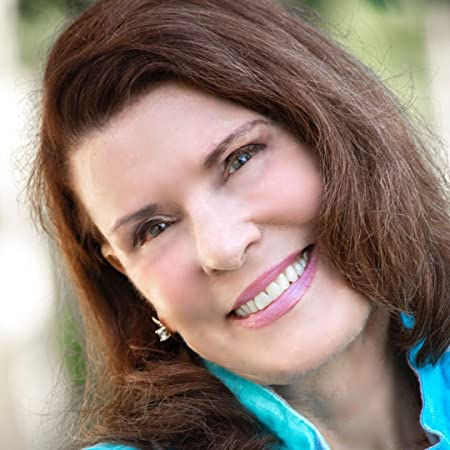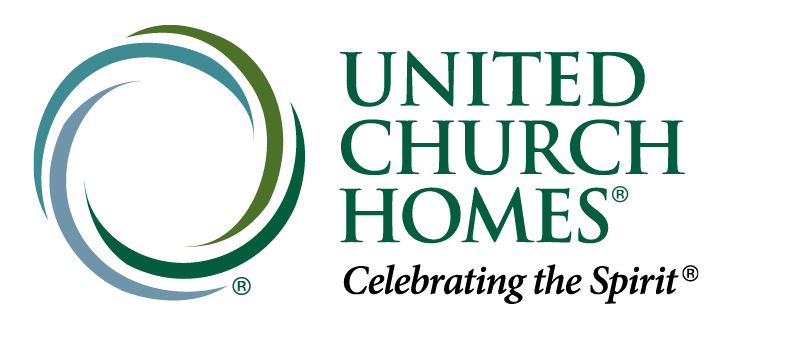Highlights from this week’s conversation include:
- Why Carroll is so passionate about the industry (1:34)
- Long-Term Care Expenses and Financial Planning (3:10)
- The three-step process for care planning (11:23)
- The care squad (13:50)
- Dealing with uncooperative family members (21:15)
- The importance of planning for end-of-life services (24:06)
- Emerging insurance and financial solutions for long-term care (28:50)
- Personal experiences with aging and aging heroes (31:46)
Abundant Aging is a podcast series presented by United Church Homes. These shows offer ideas, information, and inspiration on how to improve our lives as we grow older. To learn more and to subscribe to the show, visit abundantagingpodcast.com.

